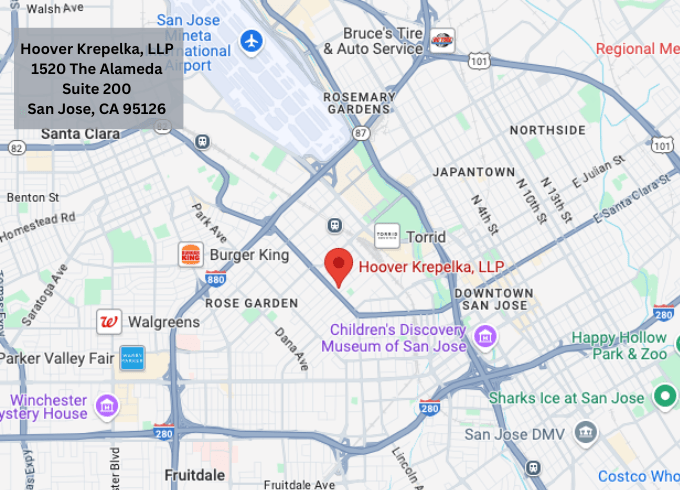As a child custody option, nesting sounds attractive to many parents. That does not mean they can all use it, though, even if they think it would be best for their kids.
In short, nesting just means using one home for the children to live in 100% of the time. The parents may still share custody, but they just change who lives in the home with the kids, rather than making the kids move to different homes. This offers greater stability and maintains many of the routines that the children enjoyed before the divorce, which is often better for their adjustment.
Why is this only really an option for affluent families? The issue is cost. Many people just can’t afford to try nesting.
Remember, you and your spouse have to continue sharing payments on a family home. You could be looking at thousands of dollars per month in mortgage payments, interest, insurance, maintenance and utilities.
You then need to have a second home for yourself, where you can live when your ex has custody and you’re not in the family home with the kids. This comes with many of the same costs as the family home, all repeated for your personal residence. Furthermore, your ex needs to have a third home for them to live in when it is your turn to stay in the family home.
As a married couple, you had one set of bills that you shared. As a divorced couple, those bills have not just doubled, but tripled. This also happened as your incomes were cut in half, dropping down to one income for both of you.
That said, if you can make the financial side work, nesting is often best for the children and it shows why you need to consider all of your options.






